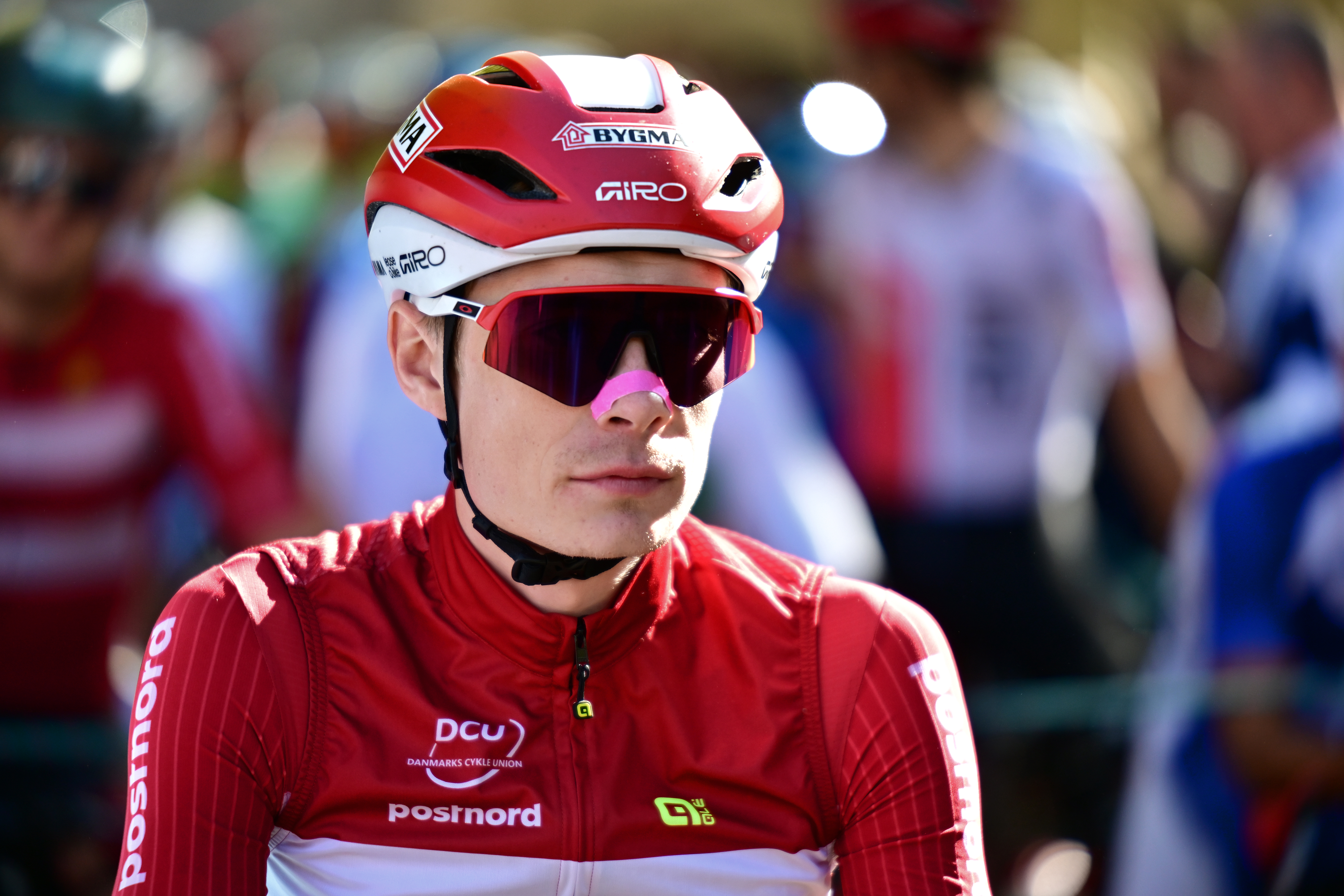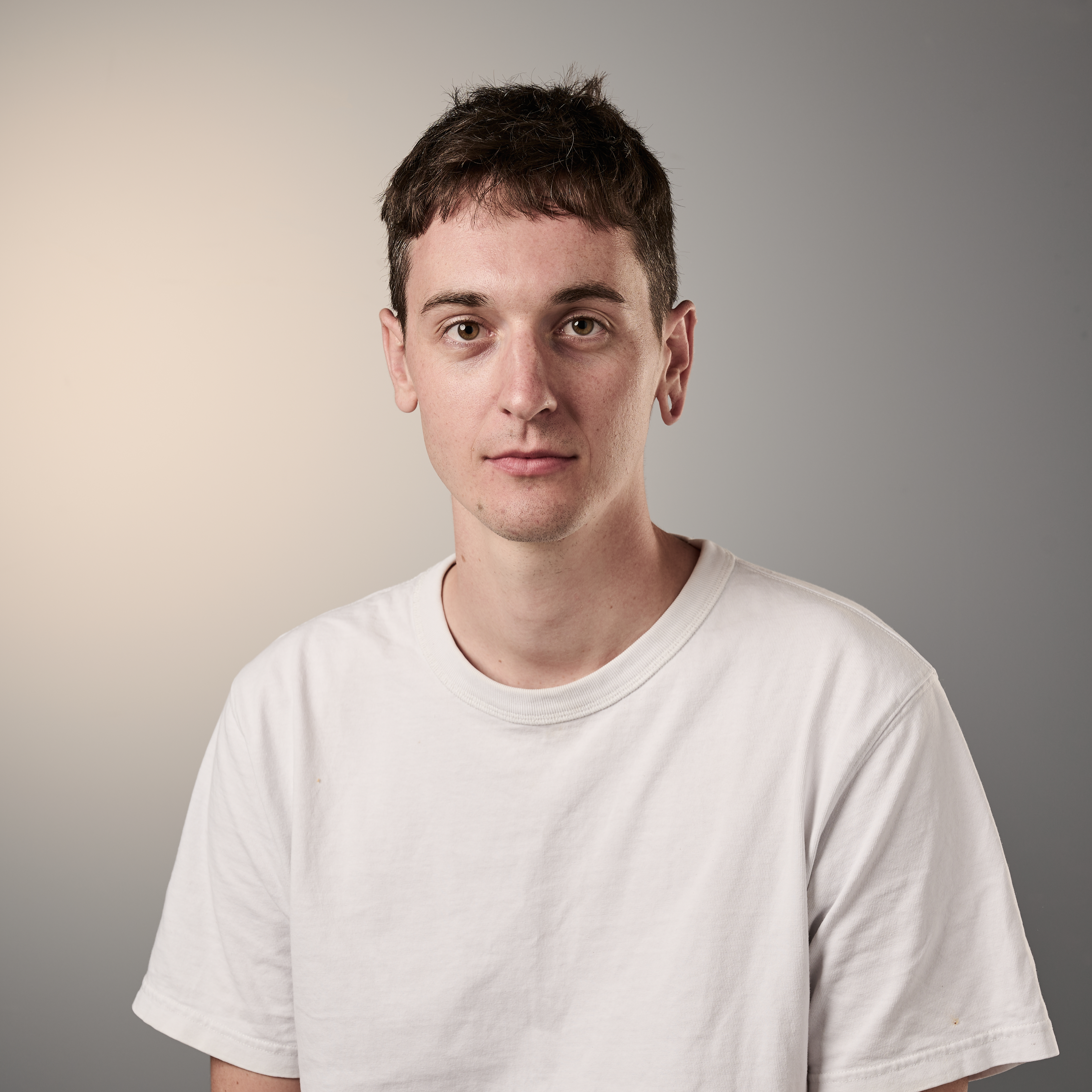Why did only 17 riders finish the European Championships elite men's road race?
There was a very short results list at Sunday's event in France


The latest race content, interviews, features, reviews and expert buying guides, direct to your inbox!
You are now subscribed
Your newsletter sign-up was successful
A quick glance at the European Championships elite men’s road race results might tell a rather unnoteworthy story. Tadej Pogačar, the recently renewed world champion, won by a healthy margin. While Remco Evenepoel, the bookies’ second favourite, finished runner-up. So far, so unsurprising.
But scroll a bit further down the list, and you’ll find it abruptly stops – after 17 names, to be exact.
This is no admin error. Only 17 riders finished the race in France’s southeast on Sunday. There were no big crashes, the weather was mild and dry, and those on the start list made up the best riders from across the continent. So why did so many – 80 out of the 97 who started – fail to make it to the end?
First, let’s look at the course. This year’s championships brought one of the most challenging routes in recent years, with 3,306m of elevation stretched out over 202km. This volume of climbing alone no doubt contributed to the DNFs. All three of the last three editions had far less elevation, and far more finishers: 2024 – 1,200m, 79 finishers; 2023 – 700m, 87 finishers; 2022 – 1,300m, 125 finishers. Go back to 2021, however, when there was 3,400m of climbing, and the results list drops to only 31 names.
That said, a one-day race with 3,000m elevation is not usually enough to scare riders away. Take Strade Bianche, for example, which is hillier but had almost 100 finishers this year. Part of the difference might lie in the circuit nature of the Euros course, of which around 150km took place on finishing loops, making it easy, and perhaps more tempting, for those on a bad day, out of medal contention, or done with their domestique duties to abandon and rejoin their team buses.
The second factor to consider is the event’s timing in the calendar. In previous years, the Euros have fallen in mid-August or September, almost always as a precursor to the UCI Road World Championships. This year, they followed in the week immediately after, and almost 6,000km, as the crow flies, apart.
The outcome between the two races may have been the same – Pogačar first, Evenepoel second – but the tricky logistics meant there were few other commonalities between them. In total, 34 riders took on the travel commitments of competing in both events. Of those 34, only six finished both: Pogačar, Evenepoel, Paul Seixas, Pavel Sivakov, Juan Ayuso and Toms Skujiņš. For most it was too big of a challenge.
The latest race content, interviews, features, reviews and expert buying guides, direct to your inbox!
But what about the other 60-odd riders, the domestiques who skipped the Worlds and set out to help their team-mates in France? Why didn’t they finish? As is often the case in championship events, where riders compete in national teams, only the leaders tend to make it to the line. Most domestiques finish their jobs before the fireworks start – why then pootle 100km to the end? It was the same case in Kigali, where only 30 out of 164 starters placed, an almost identical percentage to the European Championships. These numbers become more stark the tougher the course is.
This leads us to factor three: there’s little incentive to finish. With tiring legs at the end of the season, no medal hopes, and the climbs still totting up before them, often the only thing spurring those at the back of the race to the line is a sense of pride.
After all, the number of UCI points on offer were unlikely to inspire. If someone had finished 18th at the European Championships on Sunday, that rider would have earned a meagre five UCI points – the same prize they’d get for placing 51st on a stage of the Tour Down Under. At the World Championships, 18th scores 45 points – nine times as much. Pogačar hauled 250 on Sunday for winning.
It’s no surprise, then, that riders chose not to hack around for scraps. Sometimes it’s better to swallow your pride, drop out, and start the recovery process for next season. After all, the minor places are quickly forgotten.
Recent Vuelta a España winner Jonas Vingegaard can therefore take comfort in the fact few will remember he abandoned the Euros road race with 80km to go. “I had hoped for more,” he told Feltek.dk afterwards, “but sometimes it’s not your day.” It's on to the next one for him and the other 79 DNFs.

Tom joined Cycling Weekly as a news and features writer in the summer of 2022, having previously contributed as a freelancer. He is fluent in French and Spanish, and holds a master's degree in International Journalism. Since 2020, he has been the host of The TT Podcast, offering race analysis and rider interviews.
An enthusiastic cyclist himself, Tom likes it most when the road goes uphill, and actively seeks out double-figure gradients on his rides. His best result is 28th in a hill-climb competition, albeit out of 40 entrants.
You must confirm your public display name before commenting
Please logout and then login again, you will then be prompted to enter your display name.